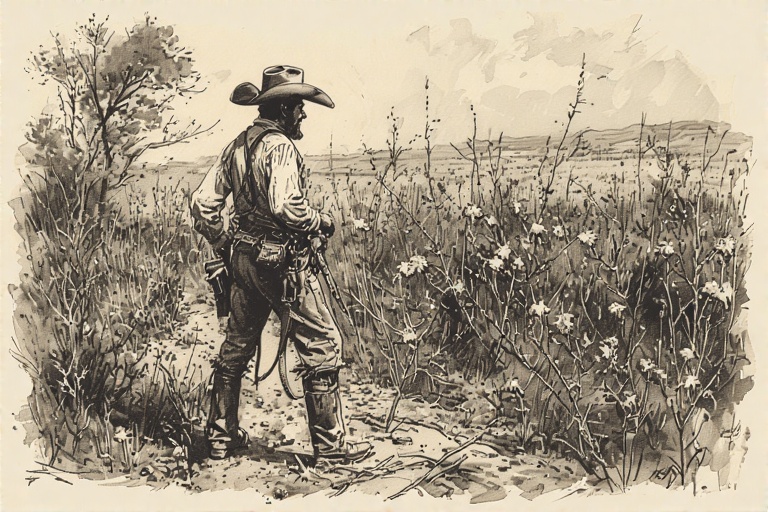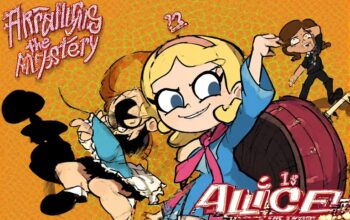
Introduction
The phrase you cotton picking varmint is a colorful expression rooted in American vernacular, often associated with the Southern United States. It carries a playful yet pointed tone, frequently used in jest or mild scorn. But what does you cotton picking varmint truly mean, and why does it resonate in certain contexts? This article dives deep into the origins, cultural significance, modern usage, and evolving perceptions of you cotton picking varmint, unpacking its layers to provide a comprehensive understanding of this quirky phrase.
The Historical Roots of “You Cotton Picking Varmint”
The phrase you cotton picking varmint is a blend of two distinct components: “cotton picking” and “varmint.” To fully grasp its meaning, let’s break it down.
The Cotton Picking Context
The term “cotton picking” originates from the labor-intensive process of harvesting cotton, a staple crop in the American South during the 18th and 19th centuries. Cotton picking was grueling work, often associated with enslaved people and later sharecroppers. The phrase you cotton picking varmint likely emerged from this agrarian backdrop, where “cotton picking” became a colloquial intensifier, akin to saying “darn” or “blasted.” It added emphasis to an expression, as in, “Get your cotton picking varmint hands off my pie!”
The Varmint Element
“Varmint” is a term derived from “vermin,” referring to small, pesky animals like rats or raccoons that cause trouble. In American slang, calling someone a cotton picking varmint implies they’re mischievous or troublesome, often in a lighthearted way. The combination of “cotton picking” and “varmint” creates a vivid, almost theatrical insult that’s more playful than malicious.
Cultural Significance of “You Cotton Picking Varmint”
The phrase you cotton picking varmint gained traction in American pop culture, particularly through media set in the South or the Wild West. It evokes images of dusty fields, rustic characters, and a bygone era of rural life. But its cultural weight extends beyond mere words.
Pop Culture and Media
You cotton picking varmint became iconic through its use in classic cartoons, TV shows, and films. Characters like Yosemite Sam from Looney Tunes would bellow you cotton picking varmint at Bugs Bunny, cementing its place in the lexicon of animated comedy. The phrase’s exaggerated delivery made it memorable, turning it into a catchphrase for expressing frustration or mock anger.
In Westerns, you cotton picking varmint was often hurled at outlaws or troublemakers, adding a layer of authenticity to the dialogue. Its use in these contexts helped it become a shorthand for Southern or rural identity, even if the speaker wasn’t directly tied to cotton fields.
Regional Identity
In the South, you cotton picking varmint carries a sense of regional pride, albeit with a wink. It’s a phrase that feels distinctly American, tied to the agricultural history of states like Mississippi, Alabama, and Georgia. While some might argue that you cotton picking varmint has a negative connotation due to its historical ties to slavery, others see it as a reclaimed piece of vernacular, stripped of its darker undertones in modern usage.
Modern Usage of “You Cotton Picking Varmint”
Today, you cotton picking varmint is less common in everyday speech but retains a niche presence in specific contexts. Its usage has evolved, reflecting changes in language and societal norms.
Playful Banter
In casual settings, you cotton picking varmint is often used among friends or family as a humorous jab. For example, a parent might say to a child, “Get your cotton picking varmint hands off the cookies!” The phrase’s exaggerated tone makes it ideal for lighthearted scolding, where no real offense is intended.
Nostalgia and Retro Appeal
The phrase you cotton picking varmint has a nostalgic charm, especially for those who grew up watching classic cartoons or Westerns. It’s often used in retro-themed media, merchandise, or social media posts to evoke a sense of simpler times. For instance, a meme featuring Yosemite Sam might caption an image with you cotton picking varmint to poke fun at a minor annoyance.
Sensitivity and Context
While you cotton picking varmint is generally seen as harmless, its historical ties to cotton picking—a task associated with slavery—require sensitivity. In some contexts, using you cotton picking varmint could be misinterpreted as insensitive, especially if the audience is unaware of its playful intent. Modern speakers should consider their audience and setting to avoid unintended offense.
Linguistic Analysis of “You Cotton Picking Varmint”
From a linguistic perspective, you cotton picking varmint is a fascinating example of how language evolves. It combines a regional occupational term (“cotton picking”) with a slang insult (“varmint”), creating a phrase that’s both descriptive and evocative.
Syntax and Tone
The structure of you cotton picking varmint follows a classic pattern of English insults: a pronoun (“you”), an intensifier (“cotton picking”), and a noun (“varmint”). The phrase’s rhythm—three stressed syllables in “cotton picking varmint”—gives it a punchy, memorable quality. Its tone can shift from playful to mildly scolding, depending on delivery.
Semantic Evolution
Over time, you cotton picking varmint has shed some of its original agricultural context. While it once directly referenced cotton fields, it now functions as a general-purpose exclamation. This semantic drift is common in slang, where phrases take on new meanings divorced from their origins.
Why “You Cotton Picking Varmint” Still Resonates
The enduring appeal of you cotton picking varmint lies in its versatility and charm. It’s a phrase that can be wielded in jest, nostalgia, or even irony. Its connection to a specific time and place—rural America, particularly the South—gives it a unique flavor that modern slang often lacks. Moreover, its use in pop culture ensures that you cotton picking varmint remains a recognizable, if niche, part of the English language.
Emotional Impact
Calling someone a cotton picking varmint conveys a mix of frustration and affection. It’s not as harsh as modern insults but carries enough weight to make the speaker’s point. This balance makes it ideal for situations where you want to express annoyance without escalating conflict.
What Clothing to Wear in Naknek, Alaska, July 2025
FASHION BLOG



